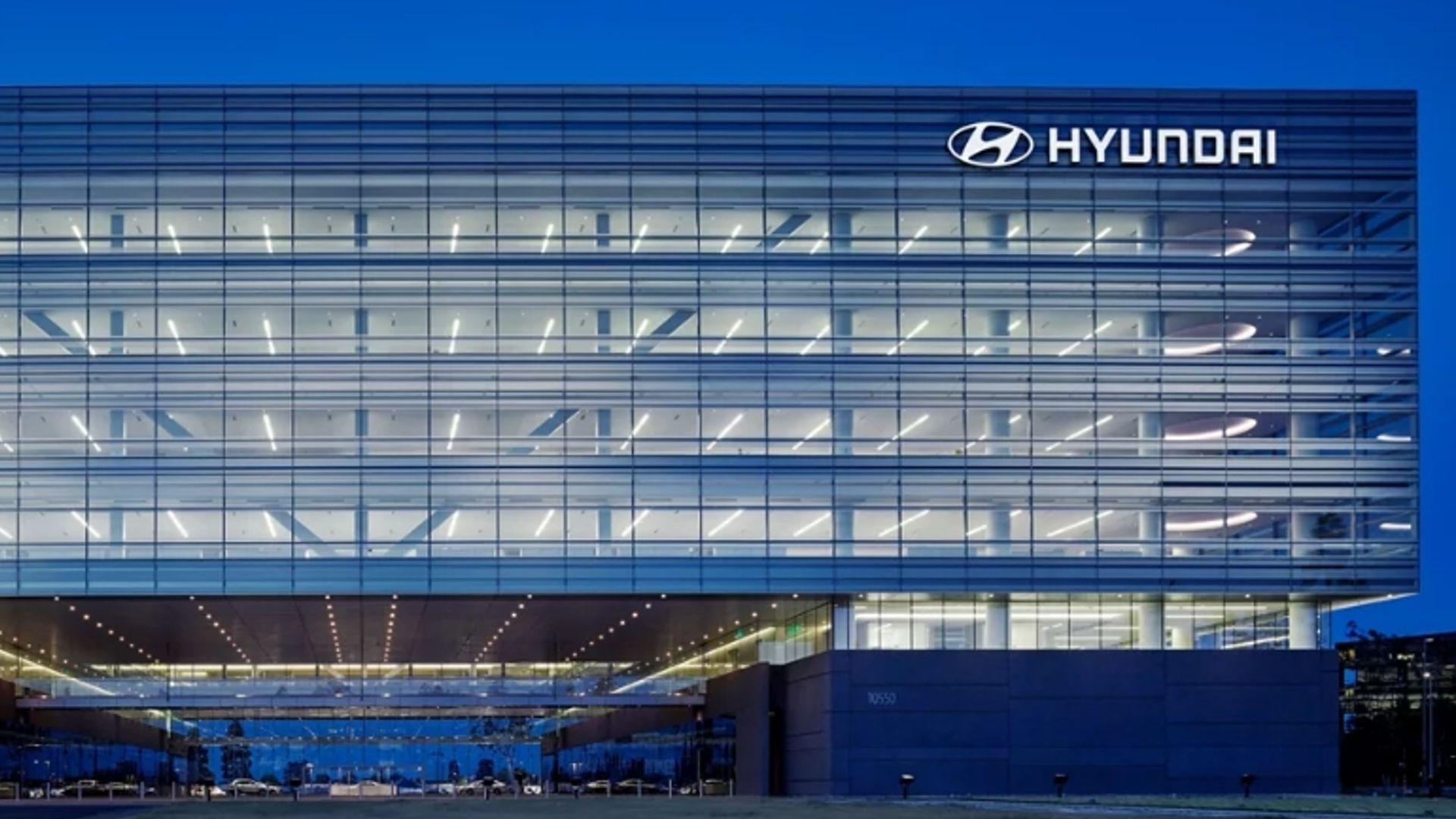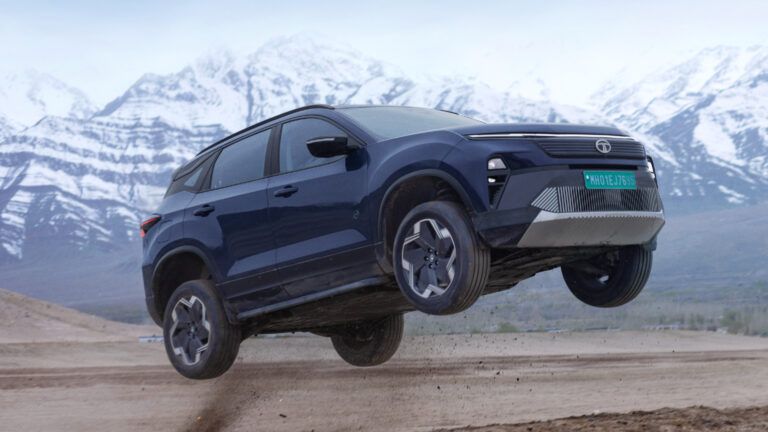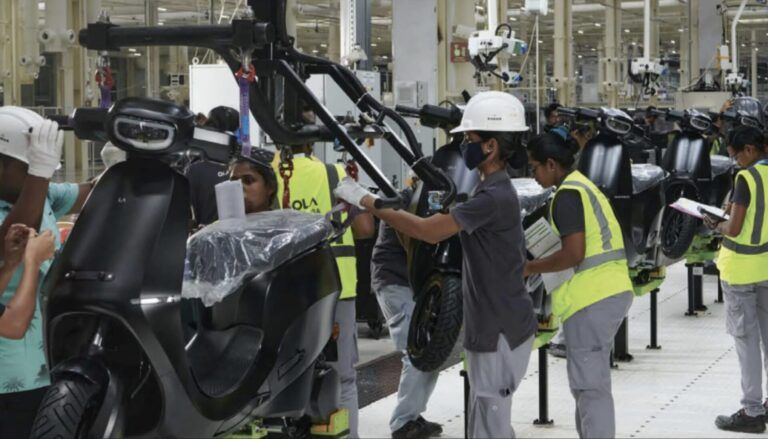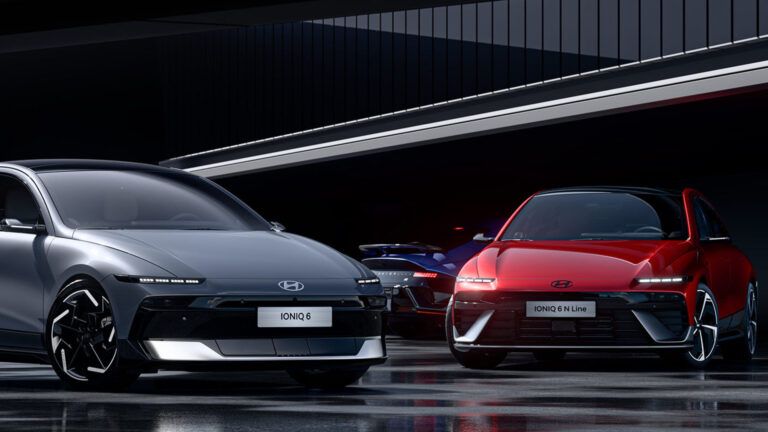Hyundai Motor India wants to adjust its electric vehicle strategy based on market demand in India. They will launch suitable models as per their draft red herring prospectus (DRHP) filed for an IPO with the Securities Exchange Board of India.
As we have seen, India’s electric car market is growing slower at the moment. Also, the number of electric vehicles sold each month is decreasing. This is alarming for the automakers offering EVs.
However, Hyundai Motor India (HMIL) plans to introduce four new electric vehicles, including a mainstream model, according to the DRHP. The Korean automaker will launch the electric version of its well-liked Creta by the end of this financial year.
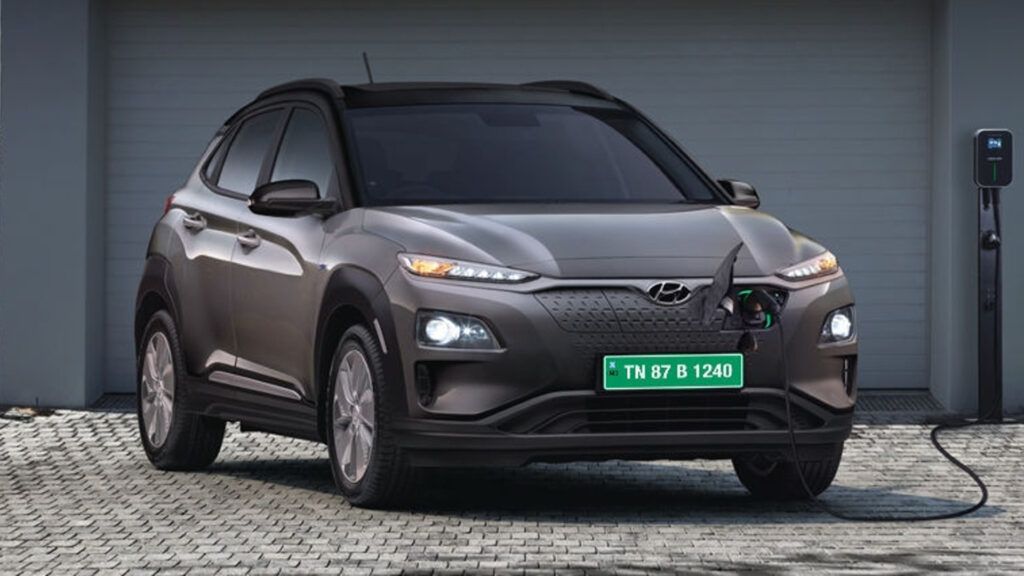
Expansion Plans: Targeting the Mass Market
Hyundai is starting by releasing high-end, luxury electric vehicles as part of their transition strategy. As the EV market and infrastructure sales grow in India, they intend to move towards targeting the general public. To achieve this goal, the company plans to introduce four EV models in the future, including the Creta EV.
Currently, Hyundai offers two electric cars for sale in India: The Ioniq 5 and Kona Electric. However, both models fall into the premium price range.
Last year, Hyundai Motor India announced an investment of Rs 20,000 crore for its EV business in Tamil Nadu. Furthermore, the company intends to introduce hybrid powertrains in the future.
The company revealed that it bought the Talegaon plant in Maharashtra from General Motors last December for Rs 787.2 crore. Hyundai intends to begin operating part of its new facility during the latter half of 2025-26 (FY26).
According to its DRHP, HMIL plans to sell 142 million shares, equivalent to a 17.5% stake of 812 million shares. Sources suggest that the company aims to raise approximately $3 billion (around Rs 25,000 crore) from this sale of shares.
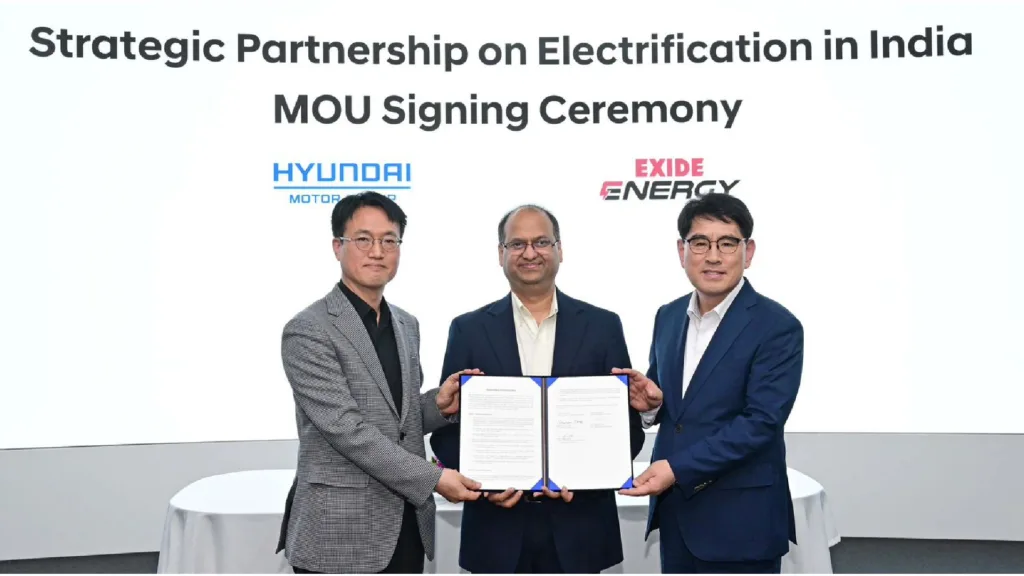
Cost Reduction Strategy
The Korean automaker aims to make its EV portfolio more competitively priced by prioritizing local production of essential components like cells, battery packs, power electronics, and drivetrains. Also, they plan to establish a localized supply chain for electric vehicles.
The company has leased a part of the Chennai Manufacturing Plant to Mobis for assembling EV batteries. These batteries will be supplied to the company, helping to lower the costs by reducing the need to import battery packs.
Earlier this year, Hyundai and Kia announced a strategic partnership with Exide Energy Solutions. Their goal is to enable local production and supply of batteries in India.
In Conclusion
Hyundai Motor India has made strategic changes, focusing on producing parts locally and offering a range of electric vehicles. It shows their dedication to leading in India’s changing electric vehicle market.

